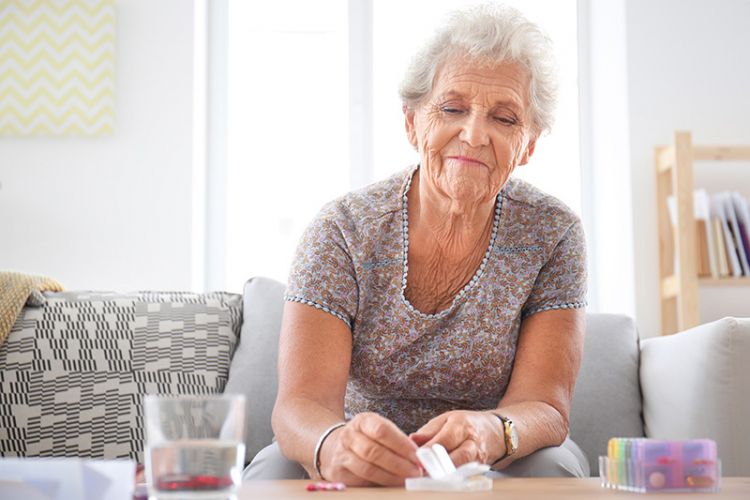Being a cancer survivor goes deeper than simply completing cancer treatment. It means you have pushed through unique physical, mental, emotional, and spiritual challenges and come out on the other side. It also means that you are an inspiration to others, even if you are not feeling like the person, you once were. You are living proof that cancer patients can become cancer survivors who live active, full, healthy lives.
Initially, it might be overwhelming to think about what comes next — what you would like to do with family and friends, your responsibilities, and your future. You might also have moments when you question what you can or should be doing as a cancer survivor, as well as what you should avoid. And, like many survivors, the thought of cancer recurrence may weigh on your mind.
Survivorship Is Not Something You Have to Do Alone
Fortunately, there are many organizations and resources you can turn to for expert advice on the many questions you and your family may have about cancer survivorship.
- Consider joining a support group with other cancer survivors who can relate to what you are going through.
- Share what you have learned during your cancer journey by becoming a mentor for a cancer patient. Visit the American Cancer Society website to learn more about how survivors can easily serve in this role.
- When looking for information about a condition or side effect, be sure to seek out reliable online resources.
- Refer to your physician as the primary source of information related to your health.
At Minnesota Oncology, our survivorship providers are here to help you prepare for this next chapter. Schedule your survivorship appointment today at any of our locations.





